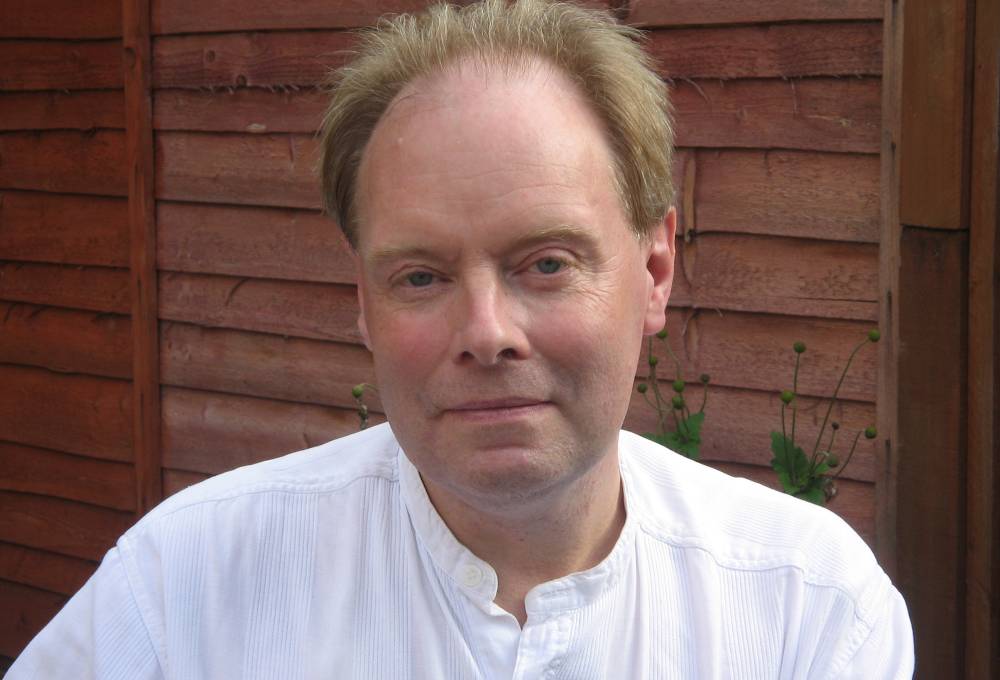Professor Chris Rhodes
Contact
- Email: c.rhodes@kingston.ac.uk
- Location: Penrhyn Road
- Faculty: Faculty of Health, Science, Social Care and Education
- School: School of Life Sciences, Pharmacy and Chemistry
- Department: Department of Chemical and Pharmaceutical Sciences
- ORCID

About
I began my career in industry, and then attended the University of Sussex, obtaining both my BSc and DPhil there, followed by a 2 year period as a post-doctoral fellow at the University of Leicester with Professor M.C.R.Symons, FRS.
Subsequently, I worked for 2 years as a lecturer in Physical Chemistry at Thames Polytechnic, before moving to Queen Mary and Westfield College (University of London) as a lecturer in Organic Chemistry, where I remained for 5 years, until being appointed as Research Professor (Full) in Chemistry at Liverpool John Moores University, in my early 30s.
I was awarded a Higher Doctorate (DSc) by the University of Sussex, and have been elected to Fellowships of the Royal Society of Chemistry (FRSC), the Linnean Society of London (FLS), and the Royal Society of Arts (FRSA).
I am currently director of the independent consultancy (Fresh-lands Environmental Actions), which deals with environmental and energy topics. I was an advisor to the European Commission "Biofuel Cities" initiative and on competitive low-carbon energy technologies, including advanced biofuels.
I have published over 250 peer reviewed academic papers, which have received around 20,000 citations.
I am Corresponding Author of the "World Scientists' Warnings into Action, Local to Global" framework paper, published during the COP26 climate change conference; to date, this has been signed by over 3,000 scientists from 110+ nations around the world.
I have given invited lectures at numerous international conferences and universities around the world, and at diverse popular science venues, e.g. Cafe Scientifique, along with radio and televised interviews. I have published collections of poetry, a black comedy novel, and an award winning children's picture book, "Hippy the Happy Hippopotamus", which has been described as a modern day eco-parable. I am a Board Member of Scientists Warning Europe, and Chair of Transition Town Reading
Academic responsibilities
Visiting Professor
Qualifications
- BSc
- DPhil
- DSc
- FRSC
- FRSA
- FLS
Social media